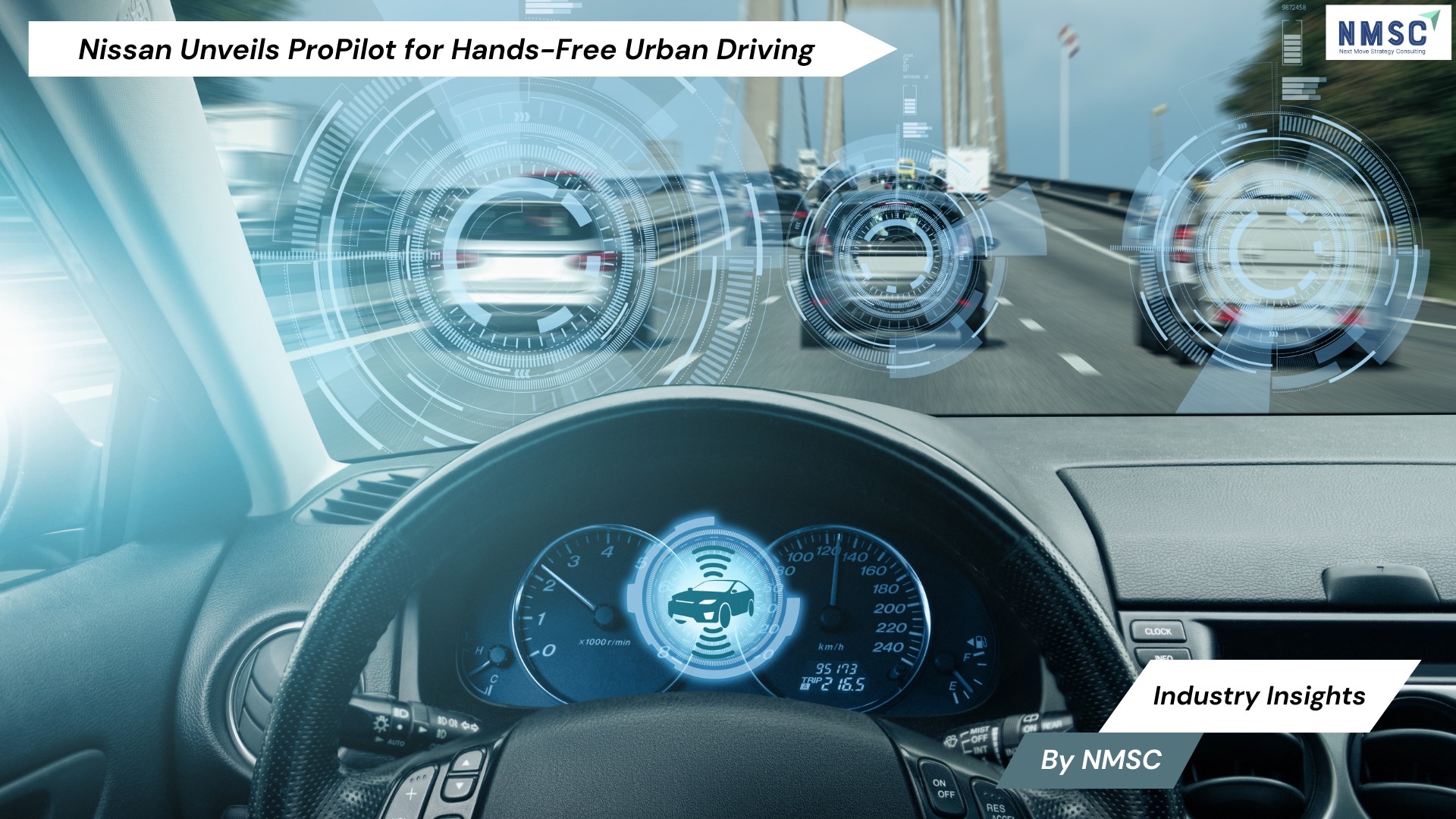South Korea Smart Dust Market is expected to reach USD 22.2 million by 2030
Published: 2025-02-24
Industrial monitoring capabilities of smart dust and integration of smart dust in the medical sector will drive up the demand for the South Korea Smart Dust Market during the forecast period.
The South Korea Smart Dust Market will value at USD 7.5 million in 2025 and is predicted to reach USD 22.2 million by 2030, at a CAGR of 20.6% from 2026 to 2030, according to new research by Next Move Strategy Consulting. The industrial monitoring capabilities of smart dust are positioned to propel its adoption to unprecedented levels across the country. With its capacity to deliver real-time data on various facets of industrial operations, including equipment performance, environmental conditions, and safety parameters, smart dust offers unmatched insights for enhancing efficiency and productivity.
By enabling continuous monitoring and predictive maintenance, smart dust aids businesses in minimizing downtime, reducing operational costs, and optimizing overall performance. This proactive maintenance approach can prevent costly breakdowns and optimize resource utilization, thereby driving operational excellence.
As industries worldwide pursue greater automation, efficiency, and sustainability, the demand for smart dust solutions is anticipated to soar. This surge in demand will drive widespread adoption across diverse sectors, spanning manufacturing, energy, transportation, and logistics. The increased uptake of smart dust technology is poised to revolutionize industrial processes, paving the way for a smarter, more interconnected future. By harnessing the power of real-time data analytics provided by smart dust, businesses can make informed decisions and drive continuous improvement in their operations.
Additionally, the integration of smart dust into the medical sector is poised to revolutionize healthcare practices in the country in the foreseeable future. Equipped with its miniature size and wireless connectivity, smart dust sensors can seamlessly integrate into the human body to monitor various vital signs, detect early signs of disease, and even deliver targeted treatments.
This technological advancement enables real-time data collection, leading to more accurate diagnoses and personalized medical interventions. Moreover, the continuous monitoring facilitated by smart dust enhances preventive care and enables timely interventions, ultimately improving patient outcomes and reducing healthcare costs.
By providing healthcare professionals with valuable insights into patient health and enabling proactive interventions, smart dust has the potential to transform the delivery of healthcare services. Consequently, the adoption of smart dust in the medical sector is anticipated to drive significant growth in the smart dust market. Healthcare providers are increasingly recognizing the potential of smart dust technology to revolutionize healthcare service delivery, leading to its widespread adoption across the healthcare industry.
Furthermore, the integration of smart dust into medical devices and systems opens up new possibilities for remote patient monitoring and telemedicine. Patients can be monitored in real-time from the comfort of their homes, allowing for early detection of health issues and reducing the need for frequent hospital visits. This not only improves patient convenience but also alleviates strain on healthcare facilities, particularly in times of crisis or high demand.
Moreover, smart dust technology enables the development of personalized medicine approaches by continuously monitoring individual health parameters and adjusting treatments accordingly. This targeted approach minimizes adverse effects and enhances treatment efficacy, ultimately leading to better patient outcomes and quality of life.
However, privacy concerns associated with smart dust present a significant barrier to market growth in the country. Despite the technology's innovative capabilities for data collection and analysis, the continuous monitoring it enables raises concerns about individual privacy and data security. Users are apprehensive about the potential for unauthorized access to sensitive information collected by smart dust sensors, as well as the risk of covert surveillance.
These concerns are exacerbated by the widespread deployment of smart dust, prompting questions about consent and control over personal data. As a result, individuals, businesses, and regulatory bodies are hesitant to fully embrace smart dust technology. This reluctance hampers its market expansion as stakeholders seek robust solutions to address these privacy challenges and ensure the protection of sensitive information.
Conversely, the integration of smart dust into space exploration holds significant promise in the country, offering a myriad of opportunities in the domain. Leveraging its small size, wireless connectivity, and advanced sensing capabilities, smart dust enables unparalleled data collection and analysis in space missions.
These minuscule sensors can be dispersed across vast cosmic landscapes to gather valuable insights on celestial bodies, atmospheric conditions, and spacecraft performance. Moreover, smart dust technology facilitates real-time monitoring and adaptive decision-making, thereby enhancing the efficiency and success of space missions. As space agencies and private entities increasingly rely on data-centric approaches to explore the cosmos, the demand for smart dust solutions is expected to surge. This surge will not only propel market growth but also drive innovation in the space research sector, offering new possibilities for understanding and exploring the universe.
Request for a Sample PDF on the South Korea Smart Dust Market
Several market players operating in the South Korea smart dust market include HP, Cisco Systems Inc, Analog Devices, Lightricity Ltd, IBM, CubeWorks, SINTEF, Sonardyne International Ltd, General Electric, and Hitachi.
Key Insights from the South Korea Smart Dust Market Report:
-
The information related to key drivers, restraints, and opportunities and their impact on the South Korea smart dust market is provided in the report.
-
The value chain analysis in the market study provides a clear picture of the roles of each stakeholder.
-
The market share of players in the South Korea smart dust market is provided in the report along with their competitive analysis.














Add Comment